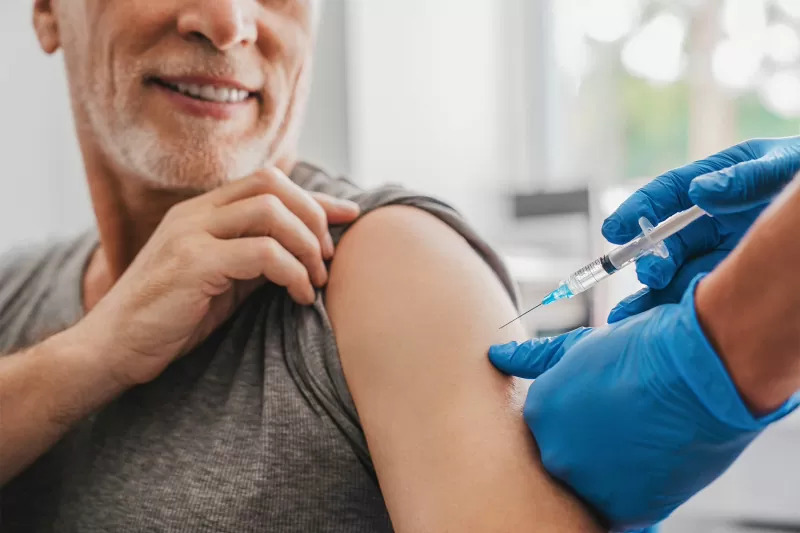

Vitamin B12 is crucial to various bodily processes:
Vitamin B12 or folate deficiency anaemia can cause a wide range of symptoms. These usually develop gradually, but can worsen if the condition goes untreated.
Most symptoms are the same whether they are caused by either folate deficiency or vitamin B12 deficiency.
Symptoms of vitamin B12 and folate deficiency anaemia include:
Some of these symptoms can also happen in people who have a vitamin B12 or folate deficiency but have not developed anaemia.
Vitamin B12 deficiency can also cause symptoms that affect your brain and nervous system (neurological symptoms), including:
Vitamin B deficiency happens when your body doesn’t have enough vitamin B. This happens if you don’t eat food with vitamin B or because of a health condition. Your body needs a certain amount of each type of vitamin B to function well. The different types of vitamin B are all water-soluble (dissolves in water), which means that they cannot be stored in the body and must be consumed regularly to avoid deficiency.
B vitamins have a wide range of functions , including enabling the release of energy through metabolism and supporting the nervous system. Vitamin B complex is also useful for sleep disturbances, irritability, fatigue, anemia, mental health symptoms, and dermatitis, among others.
B-Complex helps to assist with:
Severe B-Complex deficiency may lead to anemia, stomach problems, nerve damage, tiredness, numbness and/or weakness.
Vitamin C is needed for the growth and repair of tissues in all parts of your body. It is used to:
Many people take vitamin C for general health or to boost their immune system. It’s also taken to treat vitamin C deficiency.
Too little vitamin C can lead to signs and symptoms of deficiency, including:
Primary benefits, research suggests that vitamin D may contribute to:
In addition to its primary benefits, research suggests that vitamin D may also play a role in:
The symptoms of a vitamin D deficiency in adults vary but may include:
Biotin is a water-soluble vitamin (vitamin B7) found naturally in a variety of foods. It plays an important role in assisting enzymes to break down carbohydrates, proteins and fats in the food we eat. Without this process, the food we eat wouldn’t be converted into energy for us and our bodies to use, either to help hair grow or simply perform our daily tasks.
Biotin is also used to help regulate signals sent between cells in the body, it’s a vital vitamin and one we can get through a varied, balanced diet and healthy lifestyle. Also, biotin can be produced naturally in your bowel.
Not only is biotin important for the processing of our food into energy, it also helps support healthy hair, nails and skin and can assist in the re-growth of healthy skin and hair in those who are deficient in the vitamin.
The symptoms of a vitamin H (B7) (Biotin) deficiency in adults vary but may include: